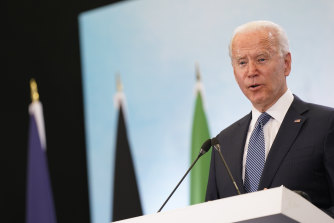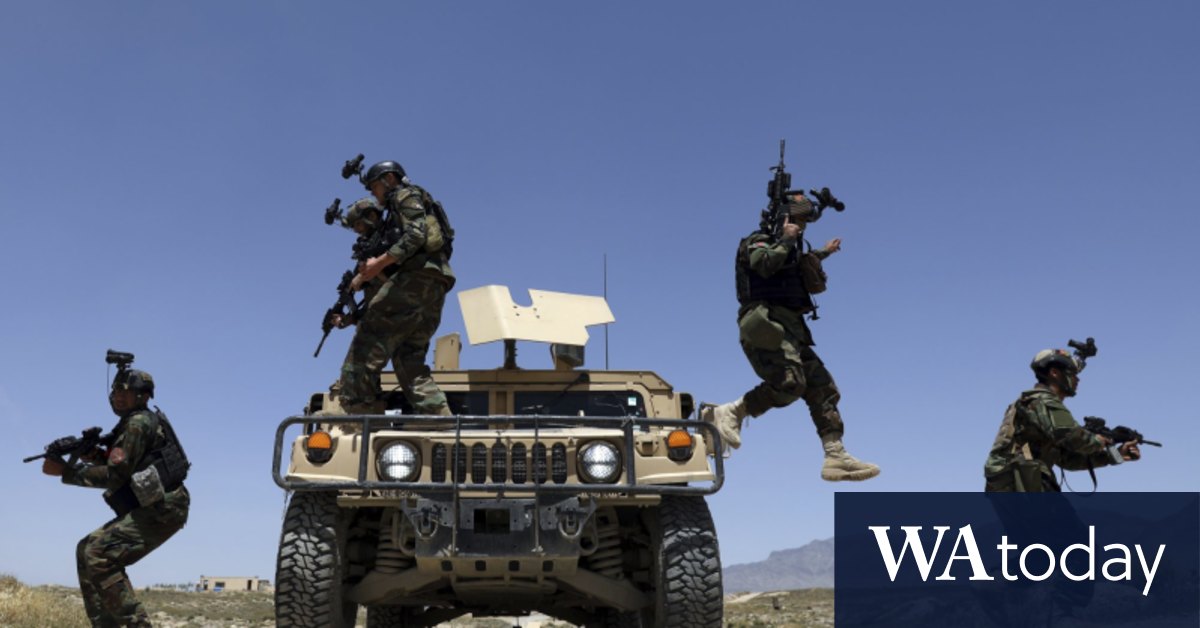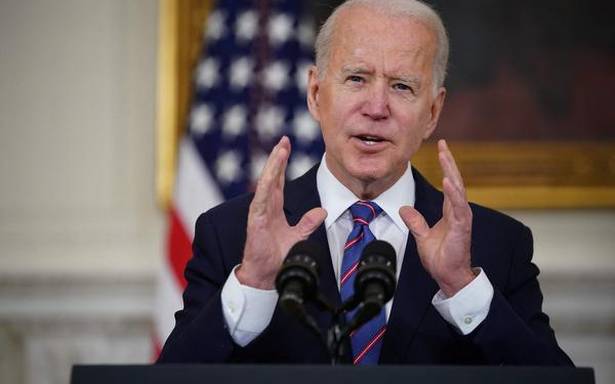NATO summit to spell out united response to cyber attacks
Biden is focused on building a more cohesive bond between America and allies who had become wary of US leadership after enduring four years of Trump’s name-calling and frequent invectives about the relevance of multilateral alliances like NATO.
Loading
The last administration was at odds with some leading NATO members, including Britain, Germany and France, over Trump’s 2018 decision to pull out of the Iran nuclear agreement that was brokered during the Obama administration. The accord limited Iran’s uranium enrichment program in exchange for an easing of sanctions.
Trump and other critics felt the deal gave Tehran too many economic benefits without doing enough to prevent Iran from eventually developing a nuclear weapon. The Biden administration is now seeking a path to resurrecting the accord.
Trump also complained the NATO alliance allowed “global freeloading” countries to spend less on military defence at the expense of the US and dismissed the alliance as “obsolete”.
Biden offered a pointed rejoinder on Sunday, saying: “We do not view NATO as a sort of a protection racket. We believe that NATO is vital to our ability to maintain American security for […] the remainder of the century. And there’s a real enthusiasm.”

President Joe Biden speaks during a news conference after attending the G7 summit in Cornwall, England.Credit:AP
When alliance members last met for a summit in England in December 2019, Trump grabbed headlines by calling Canadian Prime Minister Justin Trudeau “two-faced” and French President Emmanuel Macron “nasty”.
Trump lashed out after Trudeau was caught on a hot mic gossiping with other leaders about Trump turning photo opportunities into long news conferences. Ahead of the summit, Macron had declared NATO “brain dead” because of a void in US leadership under Trump.
Biden has already acknowledged during his Europe tour that the alliance needs to ensure better burden sharing and needs better American leadership. He’s also highlighted NATO members’ contributions in the war in Afghanistan.
The US and the alliance are winding down their involvement in the nearly 20-year war that killed tens of thousands of Afghans and more than 3500 US and allied troops, including the last of Australian advisers, while raising profound questions about whether NATO’s most ambitious effort was worth it.
Loading
The military effort followed the 2001 arrival of a US-led coalition that ousted the Taliban for harbouring al-Qaeda leader Osama bin Laden.
For now, NATO plans to leave civilian advisers to help build up government institutions. It’s unclear who will protect them. The alliance is also weighing whether to train Afghan special forces outside the country.
NATO members are also expected to endorse a climate security action plan to reduce greenhouse gases from military activities in line with national commitments under the Paris Agreement and a commitment to strengthen NATO’s deterrence to meet threats from Russia and elsewhere, according to the White House.
Biden is also due to meet with Turkish President Recep Tayyip Erdogan on the sidelines of the NATO summit.
The two leaders were expected to discuss Syria and Iran as well as what role Turkey can play on Afghanistan following the US troop withdrawal, according to the White House. Also on the agenda: how Washington and Ankara “deal with some of our significant differences on values and human rights and other issues,” Sullivan said.
The unsettled security situation in Libya, as well as overlapping concerns on China and Russia are also expected to be discussed.
AP







